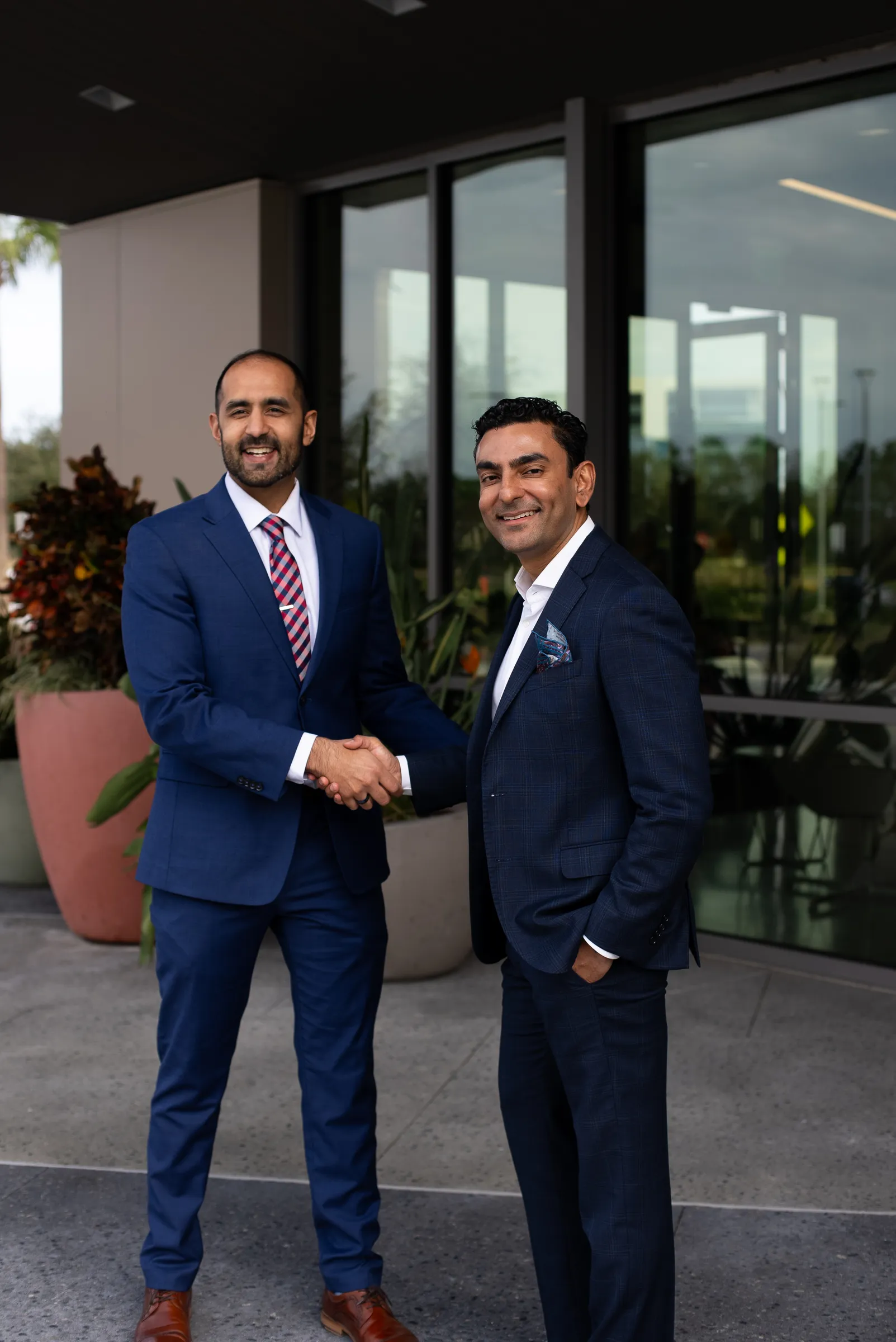
1. Get Regular Eye Exams
If you haven’t had an eye exam in the last two years, it’s time for a check-up. For adults over the age of 40, eye exams are recommended every year in order to detect and prevent many age-related conditions that can impair your vision. Not only do eye exams detect eye problems, but they can discover other health problems like diabetes and high blood pressure. Other eye conditions such as glaucoma, cataracts, and macular degeneration can be diagnosed and treated before vision is lost.
2. Know Your Health History
It’s important to know your family health history and inform your doctor about it. A history of diabetes, high blood pressure and hypertension can be monitored and prevented by looking at the back of the eye. Alerting your doctor about your risk factors allows them to take the proper course of action during an eye exam.
“Your lens case can be a breeding ground for bacteria. Replacing it every two to three months and storing it in a clean, dry place can help keep bacteria at bay and your eyes safe.”
3. Replace Your Contact Lens Case Every Two to Three Months
Your lens case can be a breeding ground for bacteria. Replacing it every two to three months and storing it in a clean, dry place can help keep bacteria at bay and your eyes safe. Remember to empty your case of all solution after you put in your contacts, then rinse and dry the case before storing your lenses once more.
4. Drink Caffeine
Caffeine has been proven to protect against dry eyes. Two servings of a caffeinated beverage a day, like coffee or tea, will help in keeping the eyes moist. But beware: too much caffeine can actually deplete your tear film and dry out your eyes, so don’t overdo it.
5. Take a Break from the Computer Screen
In today’s day in age, we spend hours in from of our computers. Staring at the screen for hours on end can put constant strain on the eyes. To give your eyes a rest, try using the 20-20-20 rule: Every 20 minutes, look at least 20 feet away from your screen for a minimum of 20 seconds. This helps lessen the strain on your eyes from focusing on close work.
6. Eat the Healthy Stuff
Dark leafy greens like spinach, kale, and brussels sprouts along with dark fruits like blueberries and blackberries are rich in lutein, a type of carotenoid that helps protect against macular degeneration. Cold-water fish, such as salmon, are rich in omega-3s, which have been found to reduce inflammation of the blood vessels in the eyes.
7. Wear Eye Protection from the Sun
Sunglasses play an important part in keeping your eyes healthy. They prevent your eyes from exposure to harmful UV rays that contribute to the development of cataracts and macular degeneration. You should always wear sunglasses when outside, no matter the season. When purchasing a pair of sunglasses, make sure they have 100 percent UV protection.
8. Work in the Right Light
Damage can be done to your eyes by working in poor and too bright light. Both can cause excessive strain to the eye. The best lighting for working on a computer, for example, would be a soft desk lamp where the light comes from your side. You can also decrease the brightness on your computer to make it easier on your eyes.
9. Keep Saline Solution Handy
When experiencing eye irritation, especially if you’ve been exposed to chemicals, it’s important to rinse your eyes thoroughly with saline solution. Rinsing for 10 to 15 minutes is the best way to clear the eyes and prevent damage from outside irritants.
10. Control Air Quality
Dry air can cause unnecessary irritation to the eyes. A portable humidifier can help keep the air moist and prevent eye irritation caused by dryness. If you have pets, keeping dander and other irritants they may carry from outside out of the air is also important. Keeping your home and pets clean can elevate any irritation caused by these factors.


